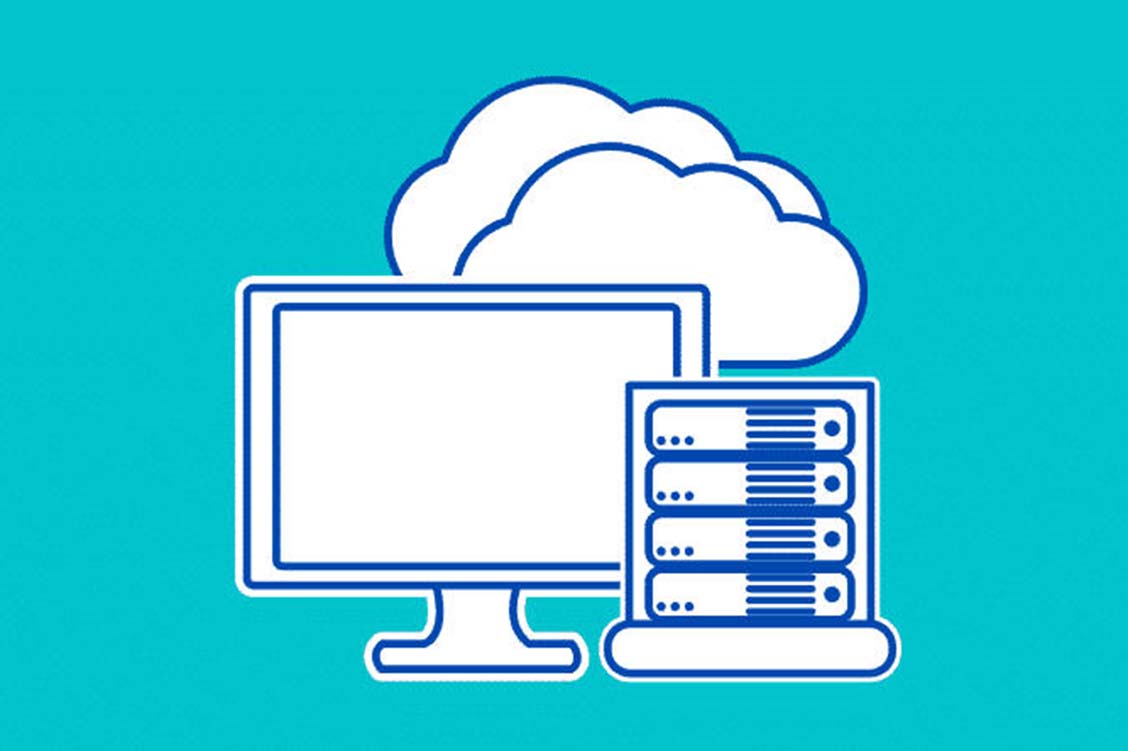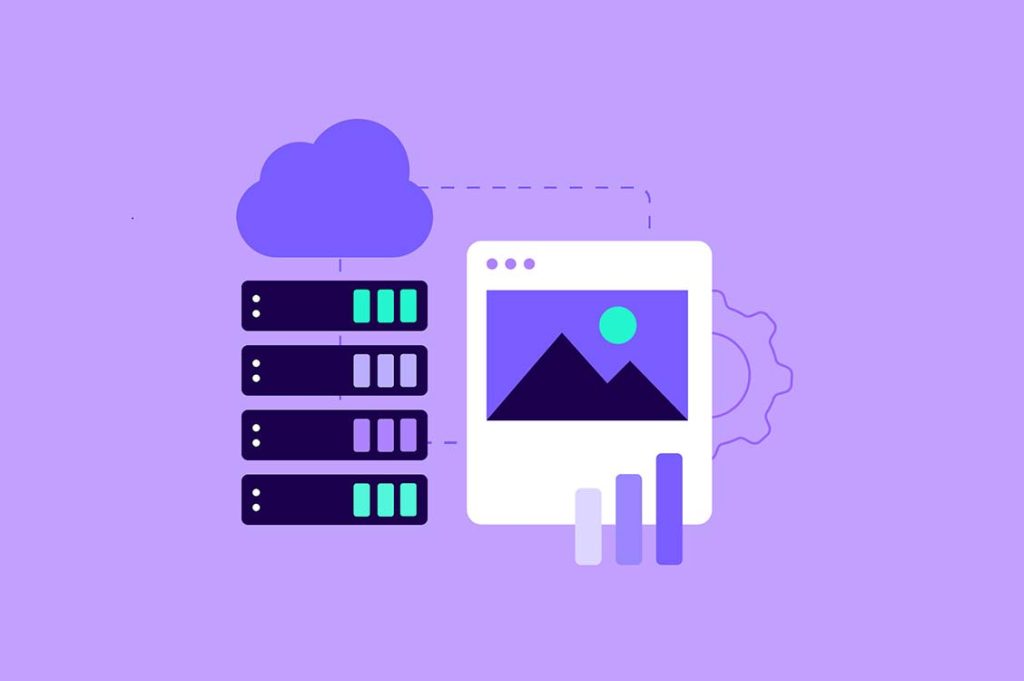5 Must-Ask Questions for Choosing Shared Hosting

When you are full of passion to build your first website—whether it’s a personal blog, a portfolio, or a small e-commerce site—choosing shared hosting seems like the most tempting and economical entry door. It’s low-cost, promises “one-click installation,” and appears to hide all the complexity. However, beneath these seemingly calm waters lie hidden reefs.
We won’t discuss empty theory, but will focus solely on the five core questions you must ask the provider before signing that shared hosting contract. Your answers will directly determine whether your website rides the waves smoothly or runs aground in the future.
The Foundational Question – Where Are the Actual Boundaries of Your “Unlimited” Resources?
Almost all shared hosting providers use prominent “Unlimited Disk Space” and “Unlimited Bandwidth” as their招牌. This is undoubtedly the primary lure for beginners. However, in the IT world, true “unlimited” does not exist. Here, “unlimited” is a marketing concept, backed by a large user base and a sophisticated “Fair Use Policy.”
1.1 Uncovering the Truth Behind “Unlimited Disk Space”
You must ask: “Under what circumstances would my ‘unlimited’ space be considered abusive?”
- File Type Restrictions: The vast majority of providers’ “unlimited space” applies only to website files, such as code, images, and databases. They explicitly prohibit you from using it as a file storage or backup server. If you upload gigabytes of personal videos, software installation packages, or your entire computer’s backup, your account will likely be suspended for violating the terms of service.
- Inode Limit: This is a more hidden and critical metric. An inode represents the total number of files in your account (each file, folder, and email counts as one inode). Even if your total storage usage is small, if your number of files (e.g., hundreds of thumbnails automatically generated by WordPress, massive amounts of email) exceeds the provider’s unstated soft cap on inodes, your website’s performance can drastically degrade, or it might even be restricted for “consuming excessive server resources.”
1.2 Examining the Practical Meaning of “Unlimited Bandwidth”
You need to ask: “At what monthly visitor traffic level will resource restrictions be triggered?”
Here, “unlimited” typically refers to the bandwidth consumed by normal, reasonable website traffic. If a page is 2MB in size, 10,000 monthly page views would consume approximately 20GB of bandwidth. For a small site, this is more than enough. But if you suddenly publish a viral piece of content, experience a traffic surge, or your site is scanned by malicious bots consuming abnormally high bandwidth, the provider likely won’t charge you extra but may throttle your website’s speed, or even temporarily suspend it, to protect other users on the same server.
In-Depth Analysis:
The essence of shared hosting is that a powerful server is partitioned into hundreds or even thousands of accounts sharing its CPU, memory, and I/O (Input/Output) resources. The provider’s business model is built on the assumption that the vast majority of websites have low load simultaneously. When you ask these questions, you are essentially probing the provider’s level of “overselling” and the transparency of their policies. A excellent provider will clearly articulate these limits in their Terms of Service, while an unreliable one will hide behind “unlimited” until you encounter a problem.
The Performance Question – What Truly Determines Our Website Speed?

Website speed is the lifeline of user experience and search engine ranking. In a shared hosting environment, your website’s speed is largely determined not by you, but by your “neighbors.”
2.1 The “Population Density” of the Server
This is a key question you must ask: “Approximately how many websites are hosted on a single server?”
A responsible provider might not give an exact number but should assure you they have strict controls. If a single server hosts thousands of websites, then no matter how powerful its hardware, resource contention is inevitable. When a “neighbor’s” website experiences a traffic spike due to a promotion, or consumes significant CPU due to poorly written code, your website’s loading speed can grind to a halt, much like city traffic during rush hour.
2.2 Underlying Hardware Configuration
Please ask: “What type of hard drives do your servers use? What generation are the CPUs?”
- Hard Drives: This is the biggest performance bottleneck. Be sure to choose a host that fully utilizes SSDs. Traditional HDDs are many times slower in read/write speeds than SSDs and can severely slow down database queries and file loading. Many hosts now offer “SSD Caching,” which is less effective than full SSD storage.
- CPU and Memory: While you might not learn the specific models, you can ask if they regularly update their hardware. Aging infrastructure means a lower overall performance ceiling.
2.3 Geographic Location of Data Centers
Please confirm: “In which geographic locations are your primary data centers?”
If your target audience is primarily in Asia, but you choose a data center on the US East Coast, the physical latency of light signal transmission alone can add hundreds of milliseconds. You should choose a provider that offers multiple global data center options and allows you to freely select one, enabling you to deploy your website closest to your users.
Action Guide:
Before purchasing, utilize the free trial period or money-back guarantee period. Use tools like GTmetrix or Pingdom to test their demo sites or a test site you set up yourself, at different times of the day. Real speed data is far more convincing than a salesperson’s promises.
The Security Question – Are We Fighting Alone When Attacks Come?
Cybersecurity is no longer an option but a necessity. Shared hosting, due to its large number of users, is often a prime target for automated hacker scans and attacks.
3.1 Firewall and Malware Scanning
You must clarify: “What proactive security measures do you provide?”
A qualified host should offer:
- Web Application Firewall (WAF): It filters out malicious traffic before it reaches your website, effectively defending against common DDoS attacks, SQL injection, and cross-site scripting (XSS).
- Regular Malware Scanning: The host should automatically scan your website files and alert you if suspicious code is detected. Ask about the frequency of scans and the process followed if a threat is found.
3.2 Backup Strategy – Your Last Line of Defense
This is one of the most critical questions: “Do you provide automated website backups? How frequently? And is the restoration process convenient?”
Remember the ironclad rule: Any data without a backup effectively does not exist.
- Many low-cost hosts offer “free backups,” but these might only occur once a week, and restoring them could require submitting a support ticket and paying a fee.
- The ideal scenario is daily automatic backups that you can restore with one click for free directly from your control panel. Simultaneously, you must never rely solely on the host’s backups; regularly download complete backups to your local machine for dual insurance.
3.3 SSL Certificate Provision and Installation
Ask: “Do you provide free Let’s Encrypt SSL certificates? And do you support automatic installation and renewal?”
SSL certificates (which make website addresses show HTTPS) are now standard for websites and are crucial for data encryption and SEO. An excellent host should provide them for free and automate the deployment process, requiring no extra cost or technical effort from you for purchase or installation.
The Support Question – When My Website Crashes Late at Night, Who Can I Turn To?
Technical issues never happen at convenient times. When your website becomes unexpectedly inaccessible on a Saturday night, the host’s technical support is your lifeline.
4.1 Support Channels and Response Time
Ask specifically: “Do you offer 24/7 live chat and phone support? What is the average response time?”
- Avoid Ticket-Only Systems: The experience of waiting for hours or even days after submitting a ticket is disastrous for resolving urgent issues.
- Test the Response Speed: Before purchasing, try contacting their sales or support team with a few technical questions. Observe their response speed, professionalism, and communication attitude. This is often a direct reflection of their after-sales service quality.
4.2 The Professional Depth of the Support Team
Good support is more than just “restarting services.” You can prepare a slightly in-depth question to test them, for example: “My WordPress site is showing ‘Error establishing a database connection.’ Can you assist me in troubleshooting whether it’s a stalled database process or a configuration error in my wp-config.php file?”
If they can guide you through a step-by-step professional diagnosis, rather than simply replying “Please contact your website developer,” it indicates their support is trustworthy.
The Control & Scalability Question – Is the Path Clear When We Need to Grow?

Your website might be small today, but you inevitably expect it to grow. Shared hosting should not be a cage, but rather a starting point for your digital journey.
5.1 Control Panel Functionality
Confirm: “Do you provide the standard cPanel or some other custom panel?”
cPanel is the industry standard. It’s intuitive, powerful, and allows you to easily manage files, databases, email, subdomains, and SSL certificates. Avoid using heavily customized panels that are feature-limited and difficult to use, as they significantly increase your management burden.
5.2 Clarity of the Upgrade Path
This is a strategic question determining long-term cooperation: “When my website outgrows its resources, is the process for upgrading to a VPS or cloud server smooth? Do you offer seamless migration services?”
An excellent hosting ecosystem should provide a smooth upgrade path. Ask them:
- Is it easy to upgrade from shared hosting to their VPS plans?
- Do they offer free website migration services? When you need to upgrade in the future, having their expert team safely migrate your site from the shared environment to a new VPS or dedicated server can save you immense hassle and risk.
These five questions—about the truth of resources, the foundation of performance, the shield of security, the promise of support, and the road to the future—are your most practical probing tools. They help you peel back the outer layer of marketing talk and reach the core of the service.
Please use this guide to examine every option before you. Don’t be blinded by the low first-year price; instead, pay attention to the renewal price, the provider’s reputation, and its history. A transparent, professional provider that is willing to answer all your “tricky” questions is more likely to become a reliable partner on your entrepreneurial journey.
Remember, the cheapest option is often the most costly in the long run. Now, take these five questions and go find a truly dependable starting point for your dream website.


